Budget 2017 at a glance: From social care spending to tax increases to business rates measures
These are the key points of what Chancellor Philip Hammond said on Wednesday
Chancellor Philip Hammond has delivered his Budget speech in the House of Commons.
This is Mr Hammond’s last Spring Budget after he announced last November that the main Budget would move to Autumn, with the Spring announcement becoming much smaller in scale.
From business rates to education, these are the key points of what he has said.
The state of the UK economy
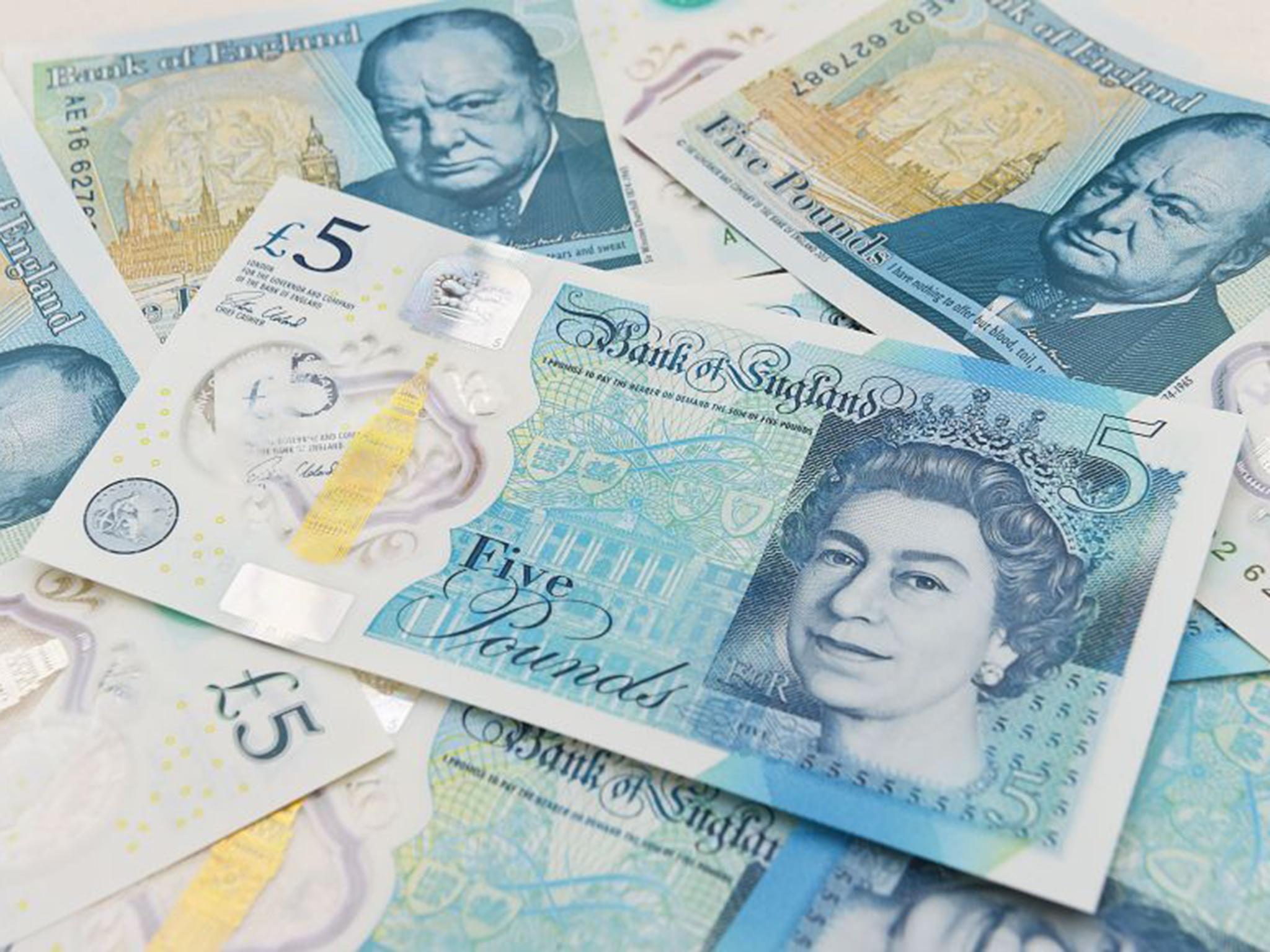
Philip Hammond told MPs that Britain’s economy would grow faster than previously expected in the next financial year – by two per cent, up from 1.4 per cent.
But he said the independent Office for Budget Responsibility (OBR) now expects lower growth in 2018-19 (1.6 per cent), in 2019-20 (1.7 per cent) and in 2020-21 (1.9 per cent).
He said that inflation is forecast to be 2.4 per cent this year, two per cent next year and two per cent in 2019 – so, above the Bank of England's two per cent inflation target for three years.
Borrowing this year will be £16.7bn lower than originally forecast at £51.7bn, falling to £48.3bn in 2017-18, then £40.8bn, £21.4bn and £20.6bn in 2020-21.
Business rates

Three measures were announced to alleviate the burden of business rates.
Firstly, any business coming out of small business rate relief will benefit from a cap which prevents the rate that it pays from going up by more than £50 per month.
Secondly, local authorities will get access to a £300m hardship fund for small businesses worst affected by the rates.
And finally, pubs with a rateable value of less than £100,000 will get a £1,000 discount on rates they pay.
Sugar tax
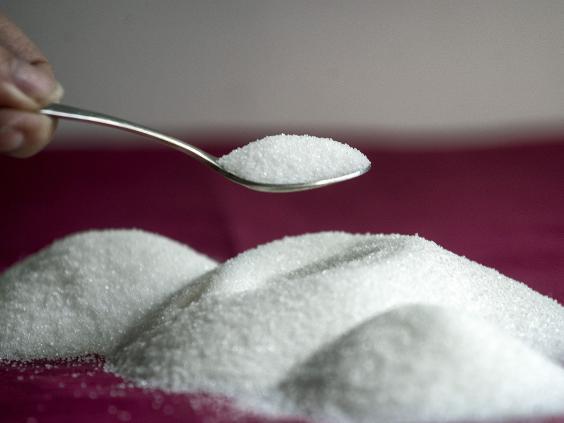
A new policy on soft drinks was announced, under which the sugar-filled beverages will be subject to a tax hike in April 2018 in an attempt to combat rising levels of obesity and tooth decay.
Tax on drinks with more than five grams of sugar per 100ml will be levied by 18p per litre, while those with eight grams or more of sugar per 100ml will have an extra tax of 24p per litre.
Alcohol and cigarettes
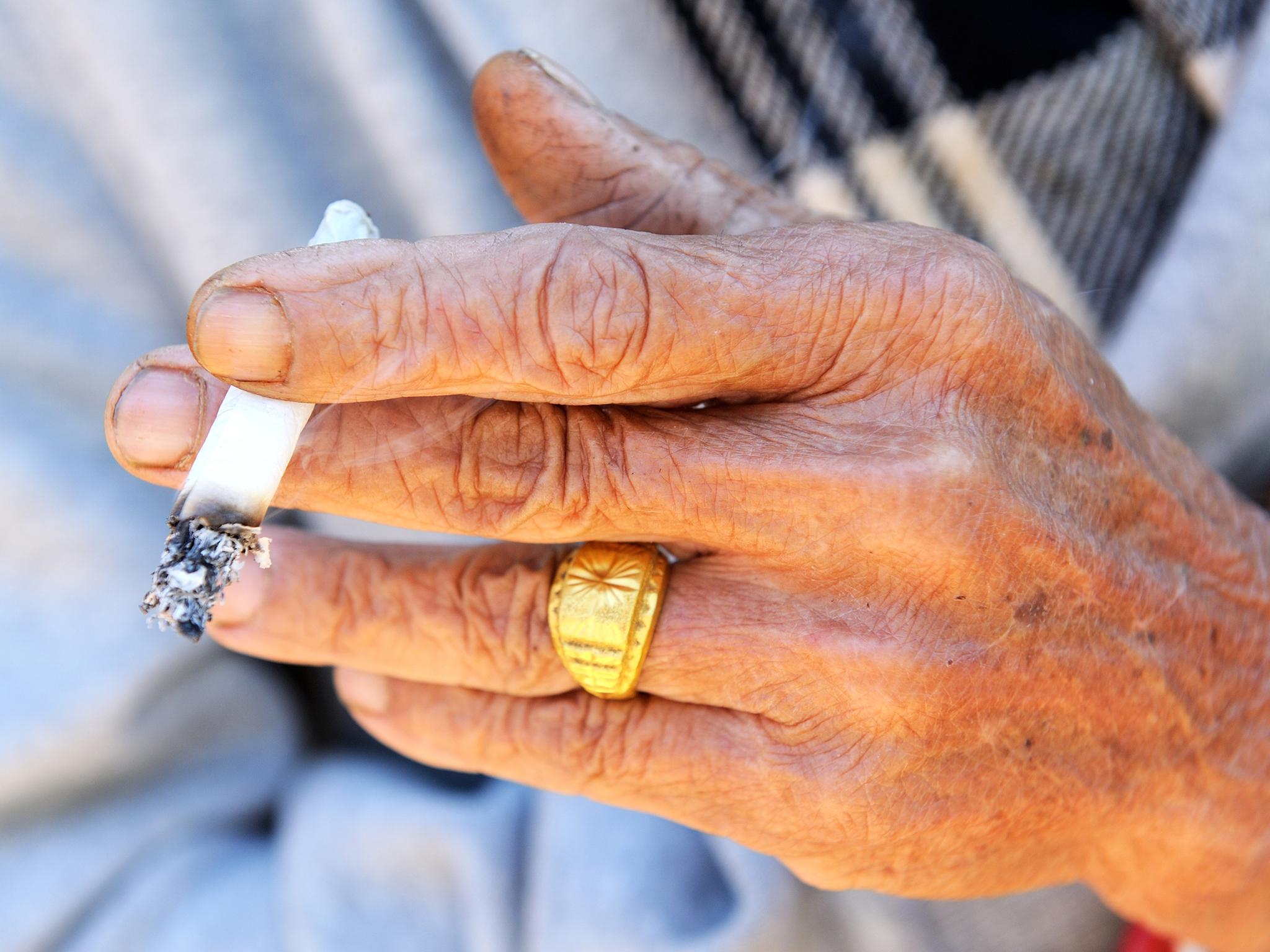
There will be no change to previously planned inflation-linked increases in duties on alcohol and tobacco, the Chancellor said.
However, with previously announced measure, this means cigarettes are going up 35p for a pack of 20.
A 30g pack of rolling tobacco is increasing 42p.
A new minimum excise duty is also being introduced on cigarettes based on a packet price of £7.35, meaning that smokers will not be able to buy a pack of cigarettes for less than £8.82.
Duty on beer, cider, wine and spirits will increase in line with Retail Price Index (RPI) inflation.
According to the Wine and Spirit Trade Association, a bottle of wine will go up by 8p, sparkling wine 10p and an average priced bottle of spirits will shoot up 30p.
Education
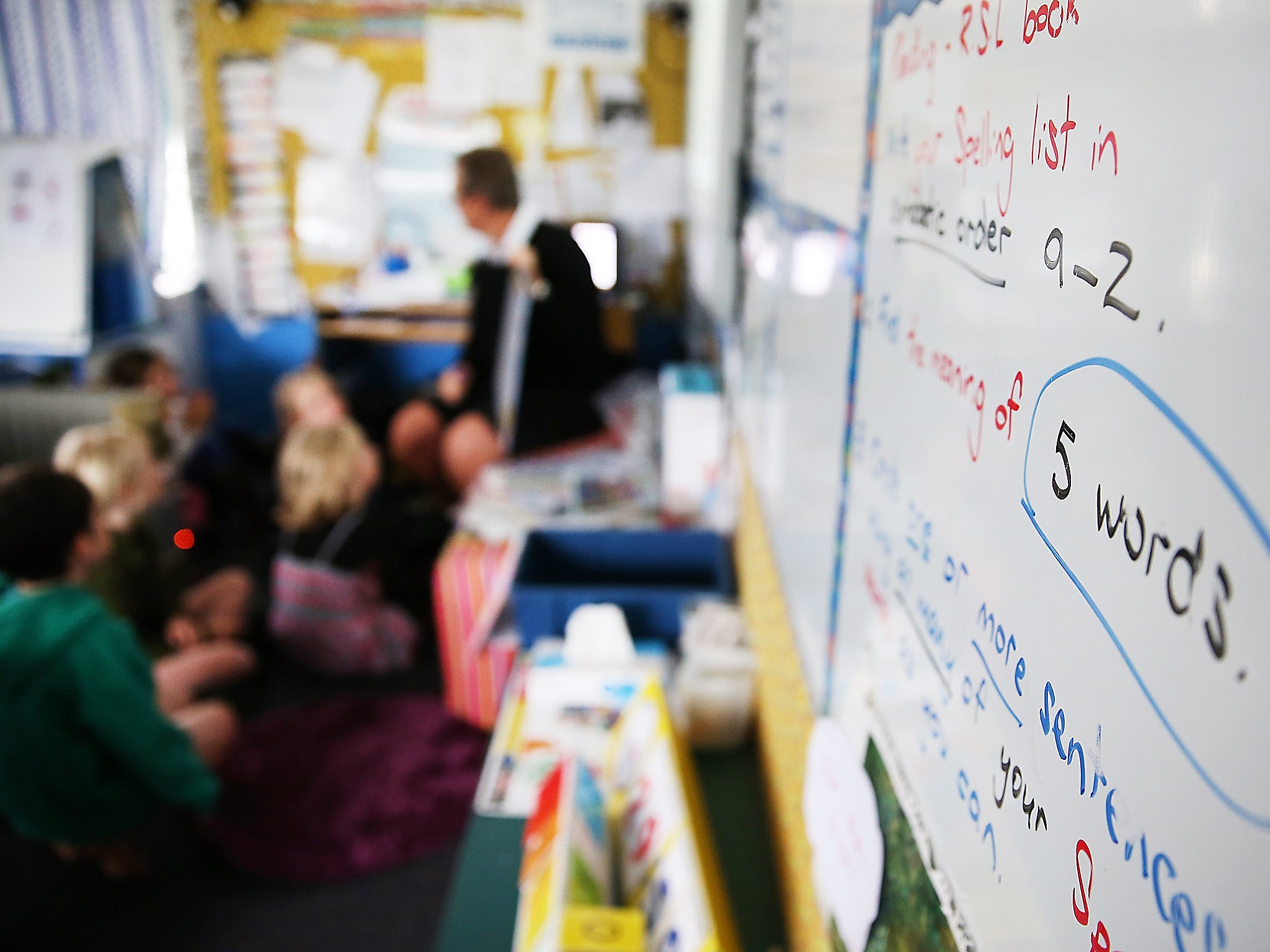
The budget will allow for £320m in funding for an extra 110 controversial free schools – which are independent of local authorities – on top of the 500 already announced.
Free school transport will be extended to all pupils on free school meals, but only at selective schools such as grammars.
An extra £260m will be invested in improving school buildings.
Health and social care
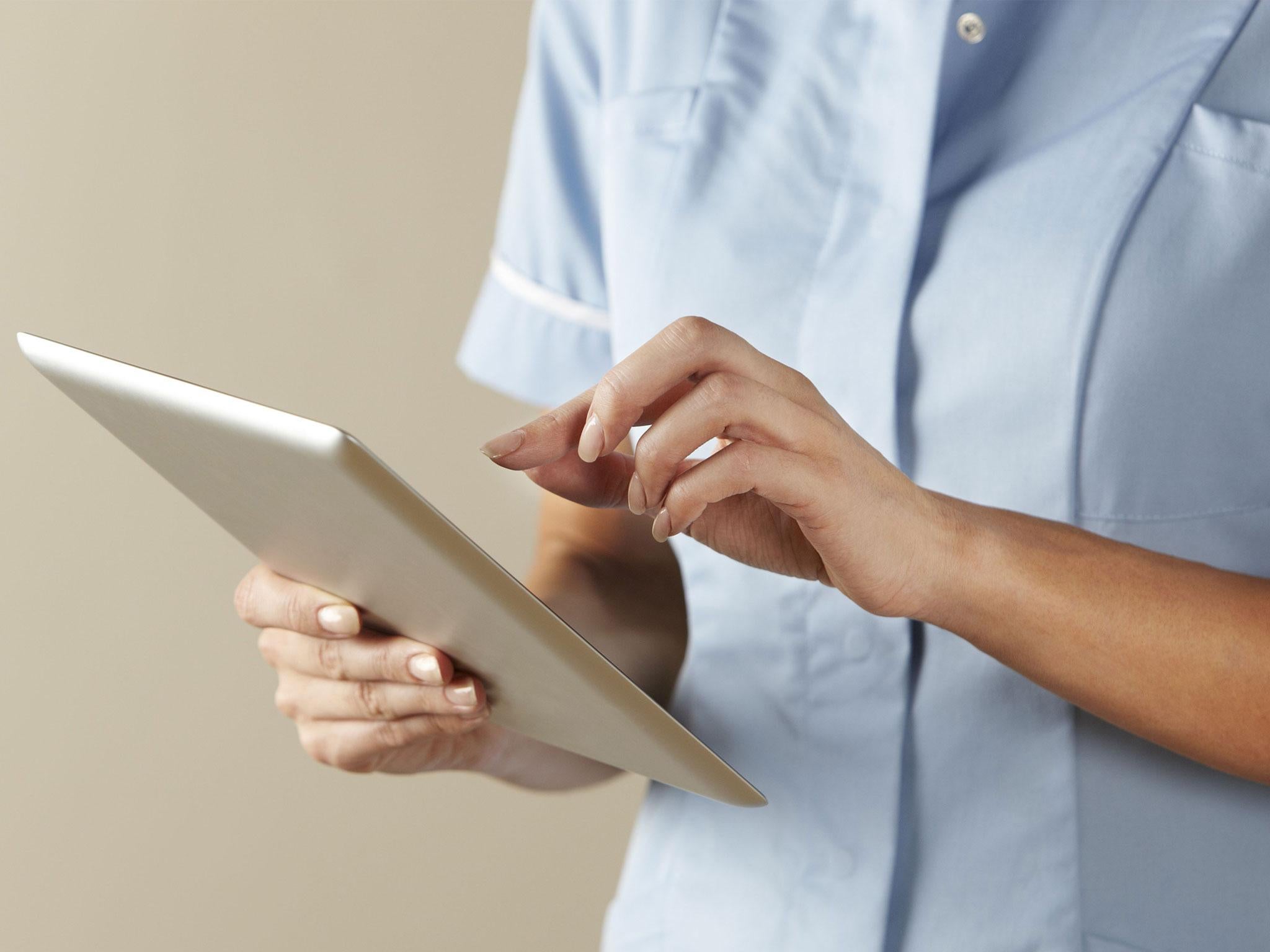
The crisis-hit social care system will have another £3bn pumped into it over the next three years, with £1bn of this available in 2017/18.
In addition, £100m will be made available for new triage programmes at English hospitals next winter.
Finally, an additional £325m will be set aside to allow the first NHS Sustainability and Transformation Plans to proceed.
“We are the party of the NHS,” Mr Hammond said.
Tax increase for the self-employed
Self-employed Britons face an increase in their National Insurance contributions as the Chancellor aims to tackle what he said was the unfair burden on people in employment.
The main rate of National Insurance contributions for the self-employed will increase from 9 per cent to 10 per cent in April 2018 and 11 per cent in April 2019, raising more than £2bn in extra tax revenue in the current Parliament.
Class 2 National Insurance, a separate flat rate contribution paid by self-employed workers making a profit of more than £5,965 a year, is to be scrapped as planned by April 2018
Subscribe to Independent Premium to bookmark this article
Want to bookmark your favourite articles and stories to read or reference later? Start your Independent Premium subscription today.


Join our commenting forum
Join thought-provoking conversations, follow other Independent readers and see their replies
Comments